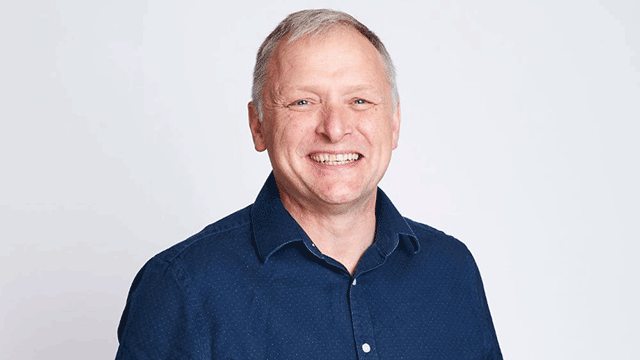Where there is no good reason for an application for an injunction being made unilaterally and without notice it will fail.
In Trustee of the House of Leigh Trust (Tobe Hayden Leigh, Beneficiary) v Bank of Scotland plc [2025] EWHC 82 (KB) the court dismissed an application for an injunction made without notice which sought to prohibit any sale, transfer or disposal of 39 Glebe Lane ME16 9BB (No 39) or 476 Tonbridge Road ME16 9JA (No 476).
On 13 March 2024, an order had been made in favour of Bank of Scotland plc (BoS) against Tobe Hayden Leigh. The consequential writs of possession were sent by BoS’s solicitors on 24 June 2024 and these referred to a “judgment or order” dated 13 March 2023. There were then numerous communications challenging the writs of possession. There was also a series of communications with the court about access to the court records with the applicant maintaining that there had been a denial of access. On Friday 17 January 2025, eviction action was taken at No 39. On 20 January, the application considered by the court was filed by James Thomas who was said to be a trustee of the applicant. The application sought to prevent any further steps in relation to No 39 (in particular sale) and prevent any action in relation to No 476 (in particular repossession). It was supported by a witness statement and accompanying documents from the trustee and the beneficiary addressed the court in person (having asked for an urgent opportunity to do so).
Although the matter was urgent it could not possibly be right to make an order to further restrain action in respect of No 39 or No 476 without any notice being given to BoS. There was no good reason for making the application unilaterally and without any notice and for that reason alone it would be dismissed. Further, the court could detect no reason why any legal challenge could not have been brought within the proceedings in which the writs of possession were produced. It is not open to a person receiving writs of possession to wait and then bring fresh proceedings seeking injunctive relief. Procedural rights should be exercised in the proceedings in which they arise and exercised promptly. As regards access to court documents the court acknowledged that the Civil Procedural Rules give parties important rights in this regard. The decision to dismiss the application did not dilute or undermine the important entitlement of a party to access documents from the court records and those rights could still be pursued. However, such rights could not be the basis for the without notice urgent injunction sought.
Elizabeth Haggerty is a barrister










